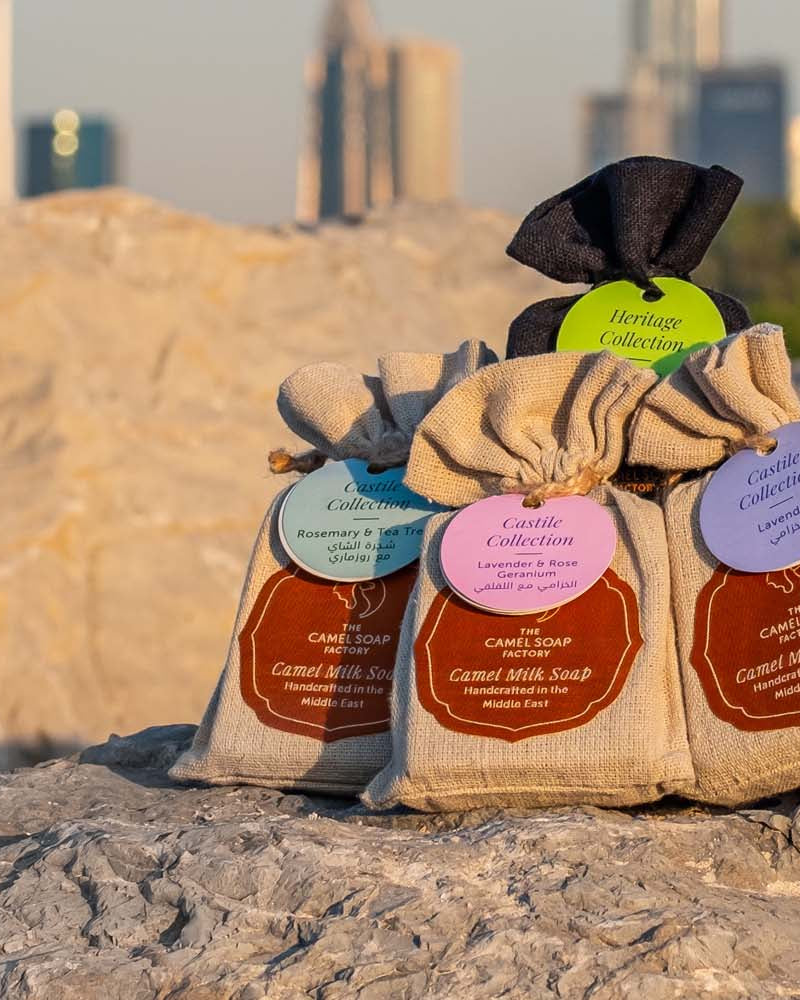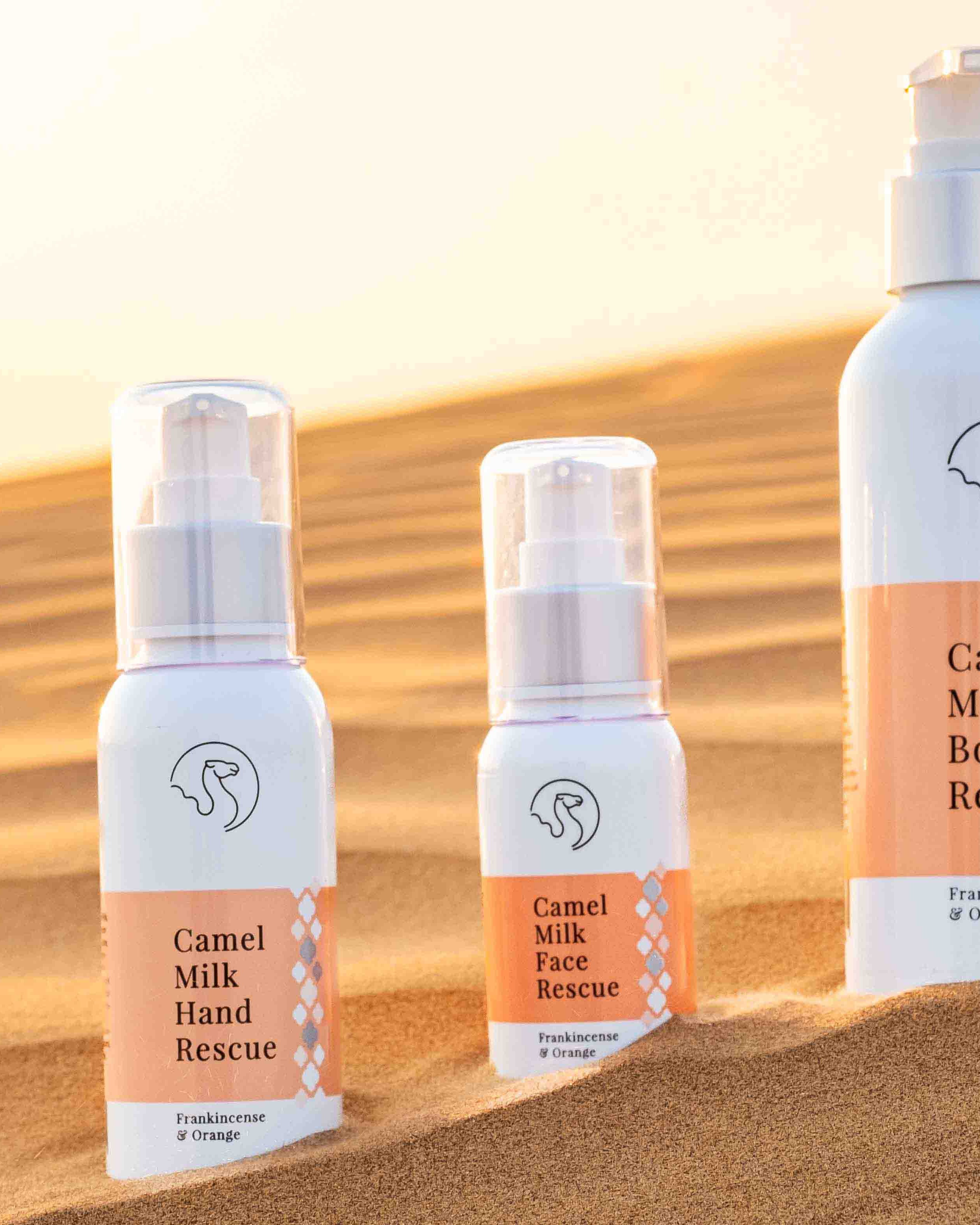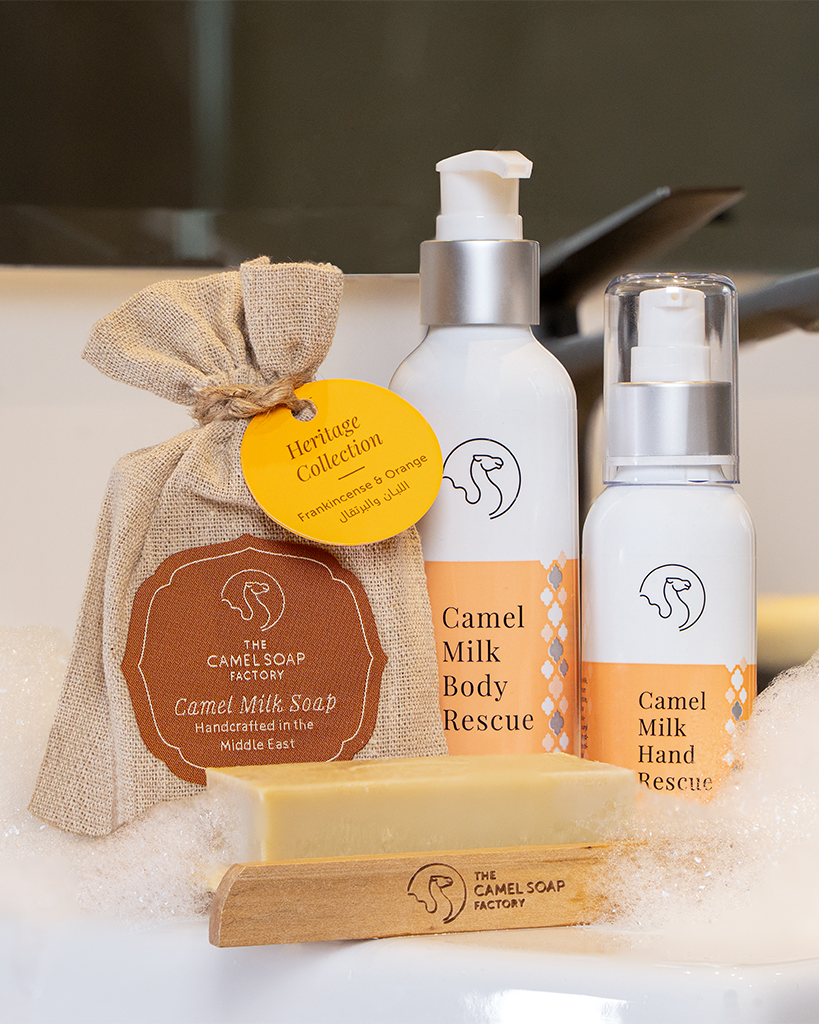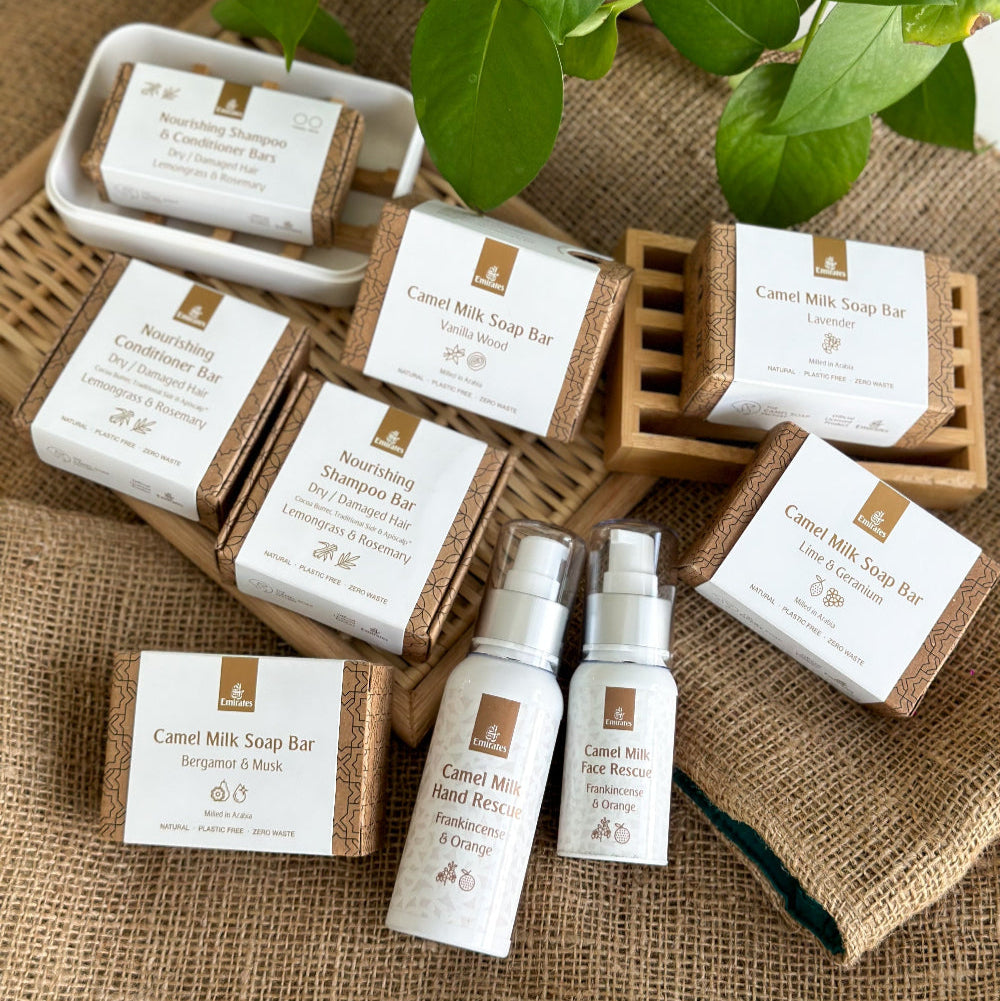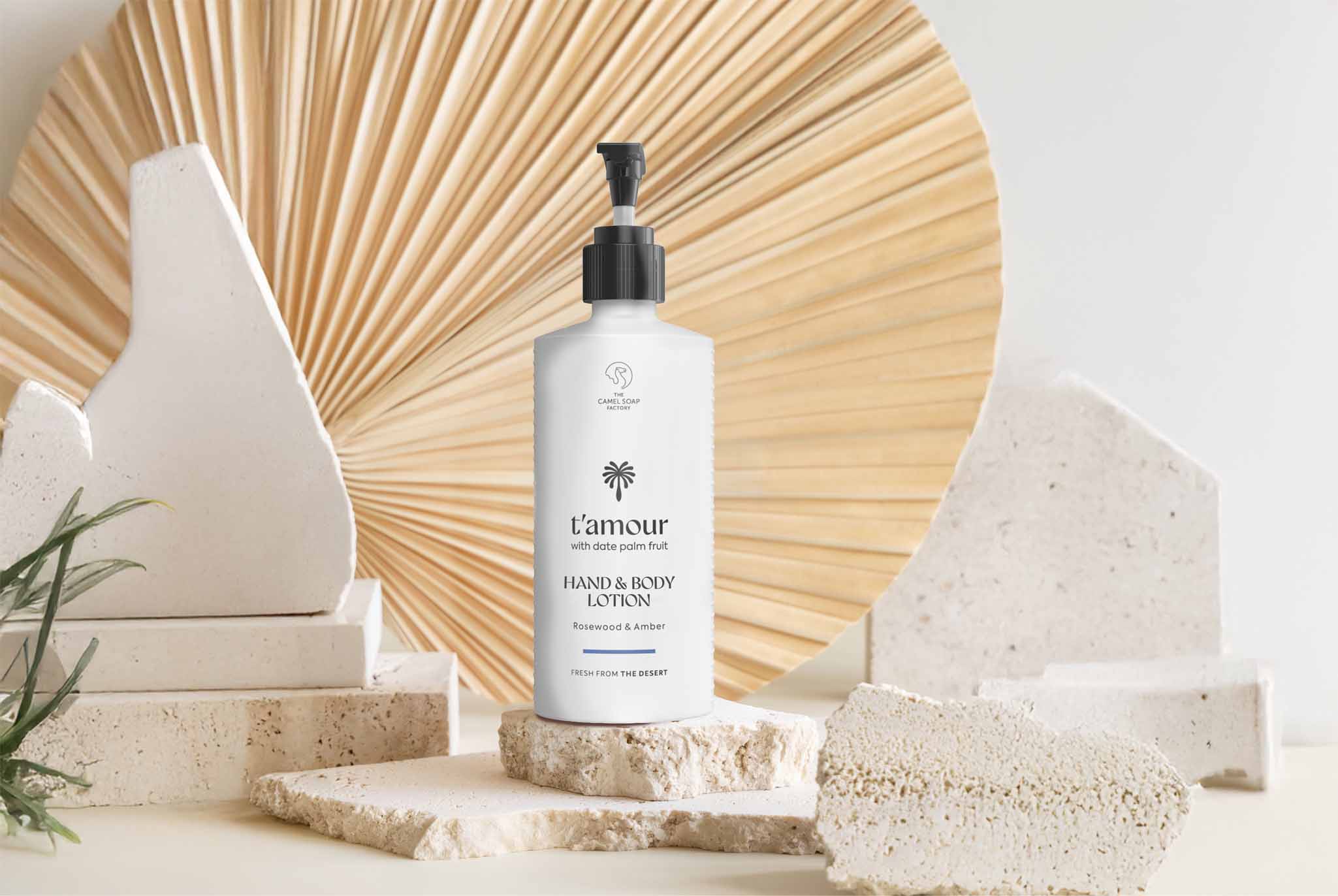In the rich tapestry of Middle Eastern culture, frankincense plays a central role in religious and cultural traditions. Revered as a sacred incense, it is burned in temples, mosques, and homes to purify the air, ward off evil spirits, and invoke blessings from the divine. Its sweet, woody scent is believed to elevate the spirit, calm the mind, and inspire devotion, making it an essential component of spiritual practices and ceremonies.

Healing and Holistic Wellness:
Beyond its spiritual significance, frankincense is celebrated for its healing properties and holistic benefits. In traditional medicine practices of the Middle East, it has been used for centuries to treat a wide range of ailments, from respiratory conditions to inflammation, and even as an aid for meditation and relaxation. Its anti-inflammatory, antiseptic, and analgesic properties make it a versatile remedy for promoting health and well-being.
A skincare powerhouse:
Frankincense isn't just a symbol of spirituality; it's also a skincare powerhouse. Its rich antioxidants combat aging by neutralizing free radicals, reducing the appearance of fine lines and wrinkles. Additionally in our soaps and creams, its deep hydration properties replenish moisture, leaving skin soft and radiant while improving elasticity and tone. Frankincense's anti-inflammatory benefits soothe sensitive skin, making it a go-to for conditions like acne and eczema. Furthermore, its brightening abilities fade dark spots and promote a more even complexion, while its regenerative properties stimulate cell renewal, healing scars, and improving overall skin texture.

Unlocking the skincare benefits of frankincense reveals its transformative potential. From combating signs of aging to soothing and healing sensitive skin, frankincense offers a holistic approach to skincare. At The Camel Soap Factory, we embrace the beauty of this ancient ingredient in our select soaps and creams to enhance a radiant glow it brings, celebrating the natural allure of skincare grounded in tradition and efficacy.

